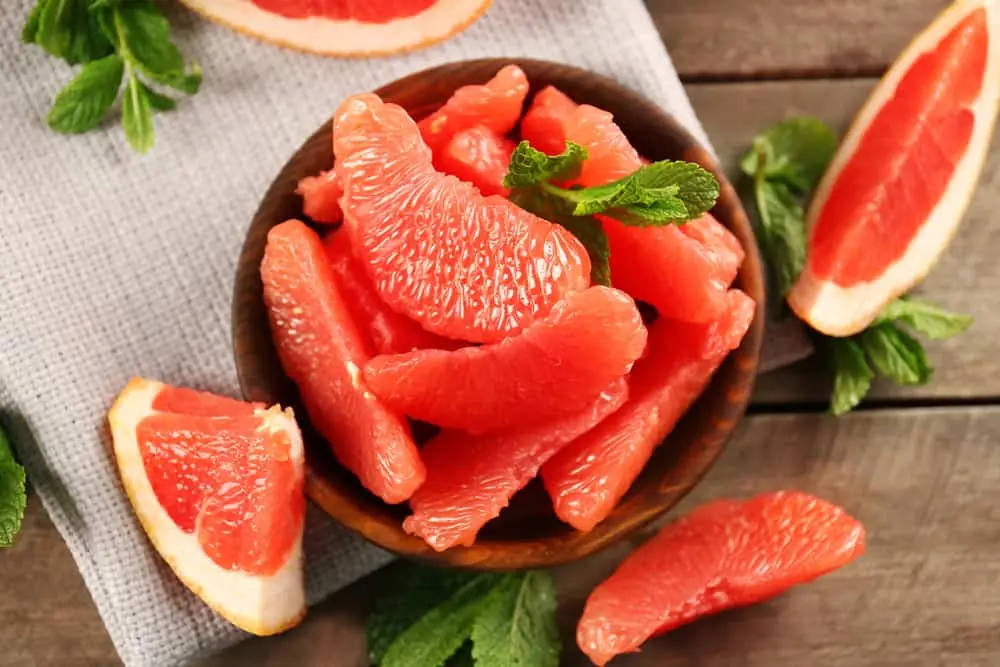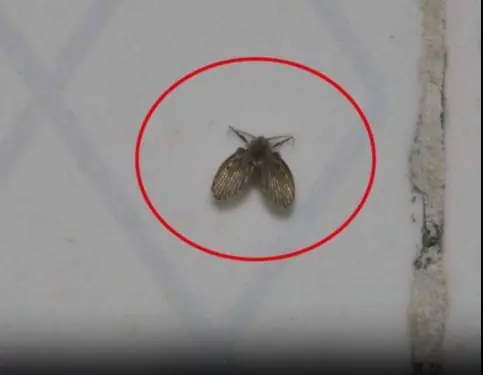
Can You Eat Sprouted Sweet Potatoes That Have Been Stored for a Long Time?
Can You Eat Sprouted Sweet Potatoes That Have Been Stored for a Long Time?
If sweet potatoes are stored for too long or in a humid environment, they can easily sprout. So, can you eat sprouted sweet potatoes that have been stored for a long time?
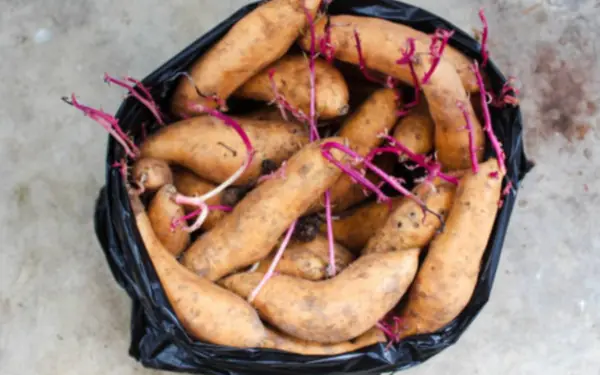
Are Sprouted Sweet Potatoes Safe to Eat?
Sweet potatoes are highly nutritious and commonly included in healthy diets, especially for those looking to lose weight. Because they are consumed frequently, many people buy them in bulk. However, improper storage in humid conditions can cause them to sprout, raising concerns about their safety and potential health risks.
According to nutrition expert Nguyễn Mộc Lan, among root vegetables, only sprouted potatoes are considered toxic. Sprouted potatoes produce solanine, a highly toxic compound that can cause stomach irritation, hemolysis (destruction of red blood cells), and nervous system paralysis. Normal cooking methods cannot eliminate this toxin, and simply cutting off the green areas around the sprouts does not ensure safety.
On the other hand, sprouted sweet potatoes are not inherently toxic unless they have been affected by mold. Moldy sweet potatoes produce ipomeamarone, a toxin that gives them a bitter taste. If a sweet potato shows signs of spoilage, it should be discarded.
From a nutritional perspective, sprouted sweet potatoes lose a significant amount of vitamins and minerals, and their taste and texture deteriorate. While the sprouts themselves are not harmful, prolonged storage, especially in humid conditions, often leads to mold growth, which results in black or brown spots on the tubers. At this stage, they accumulate ipomeamarone, posing serious health risks. Moldy sweet potatoes develop an unpleasant odor and a bitter taste.
Conclusion
You have every reason to discard sprouted sweet potatoes:
- They lose their flavor and nutritional value.
- They carry a high risk of toxin contamination.
If you still want to use sprouted sweet potatoes, only consume those that have just started sprouting and do not have any black or brown spots.
How to Properly Store Sweet Potatoes
To extend the shelf life of sweet potatoes, follow these storage tips:
- Choose fresh, firm sweet potatoes without bruises, cracks, or dark spots. Medium-sized tubers are ideal, as they tend to store better.
- Store them in a cool, dry, and well-ventilated place. Avoid wrapping them in plastic bags, as this can trap moisture and promote sprouting.
- Do not refrigerate sweet potatoes. The cold temperature can alter their texture and flavor, causing the skin to dry out and wrinkle.
- At a temperature of around 21°C (70°F), sweet potatoes can last 1 to 2 weeks before naturally beginning to sprout.
- At higher temperatures, they will sprout more quickly. However, if stored at 12-14°C (54-57°F), sprouting can be delayed.
By following these storage methods, you can keep sweet potatoes fresh for longer and avoid the risks associated with sprouting and mold growth.
News in the same category


Add a Few Drops of Oil to an Onion: A Simple Home Trick That Repels Mosquitoes and Improves Sleep

To prevent snakes from entering your house, you can apply the following methods.
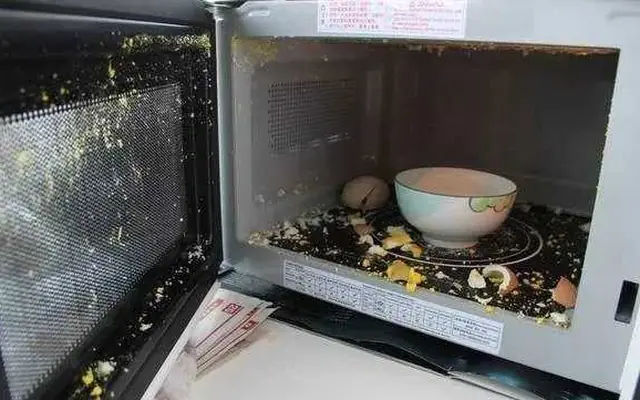
Never reheat these 5 items in the microwave!

How to Fix a Weak Toilet Flush at Home - No Technician Needed

This small fridge button can significantly cut your electricity bill
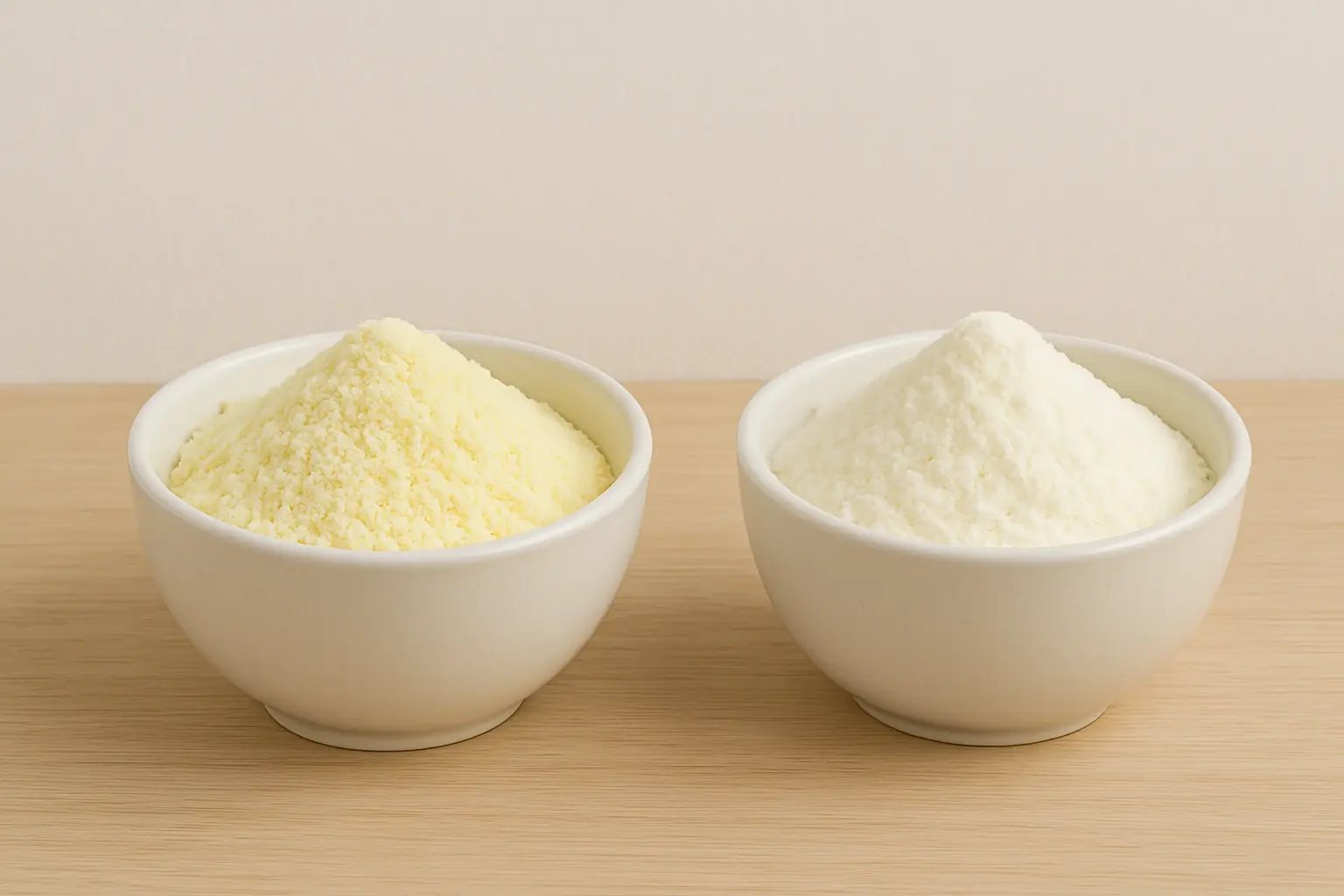
How to Tell Real Baby Formula from Fake: What Every Parent Needs to Know
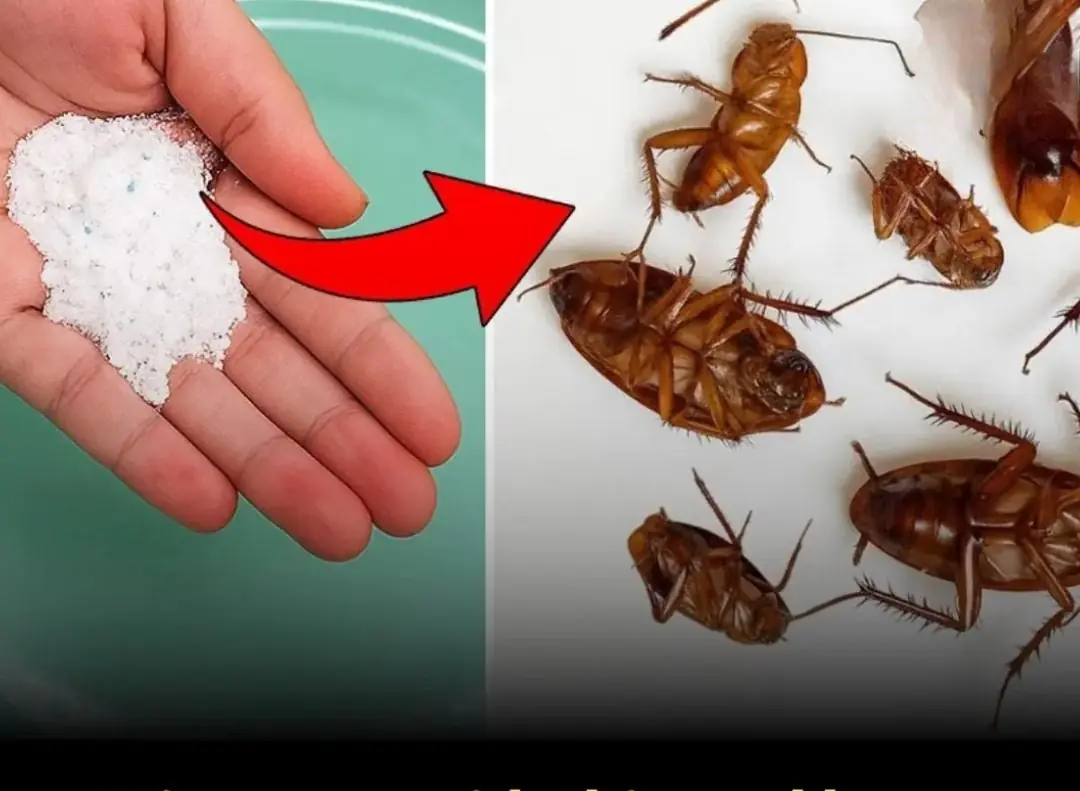
Smart tips to get rid of cockroaches and maintain a clean, fresh home

Your phone’s volume buttons can do more than you think - Here are 6 hidden tricks
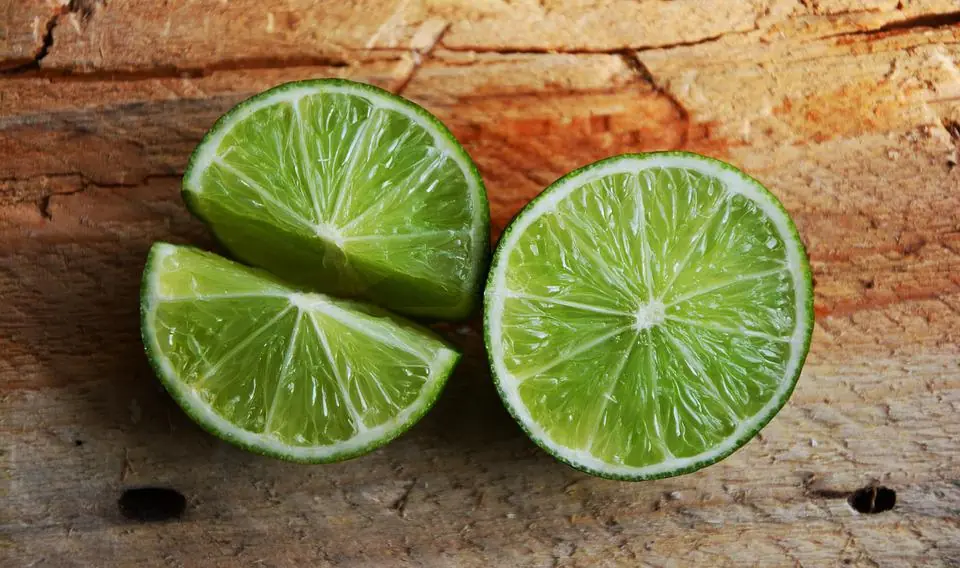
Don’t throw away lemon peels - Turn them into a powerful, natural cleaning solution for your home

If your partner leaves a clothespin on your shower head, make sure you know what it means
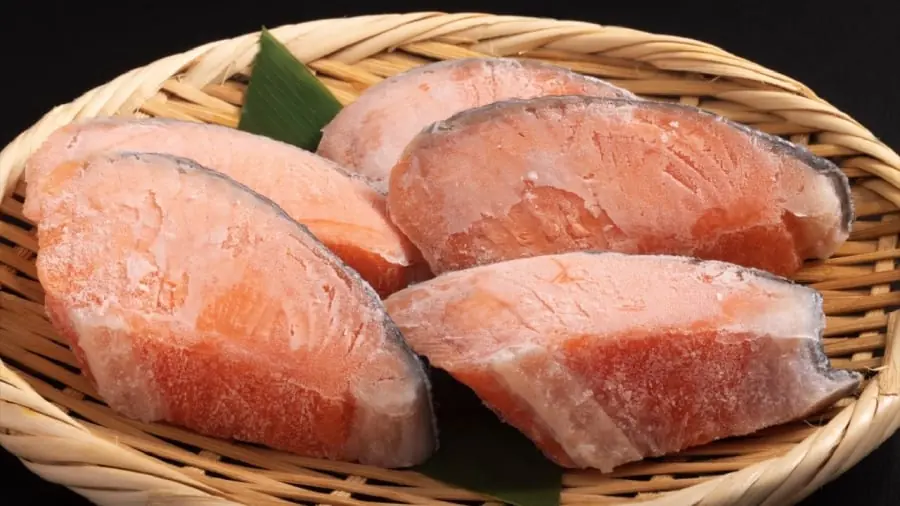
Tips for Freezing Fish So It Stays Fresh, Firm, and Flavorful for Up to a Month
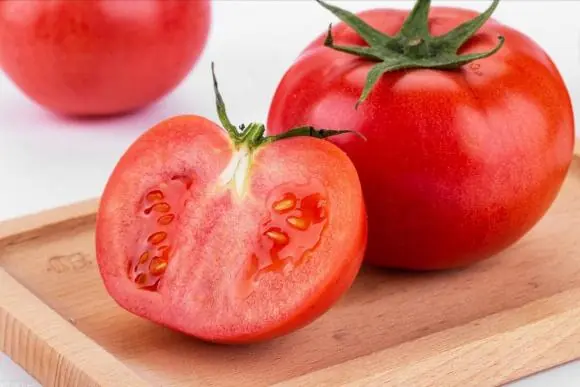
Don’t throw them away yet: Surprising ways to reuse tomatoes you think are useless
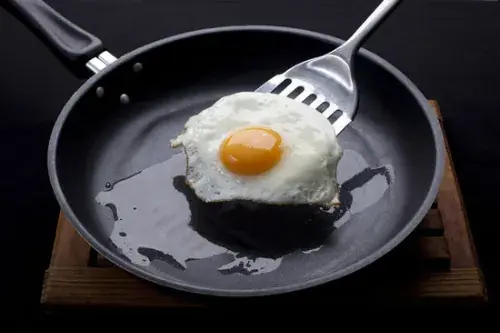
Restore a non-stick pan with milk instead of throwing it away

Two types of pork that look very fresh and delicious but should absolutely not be bought — sellers rarely reveal this
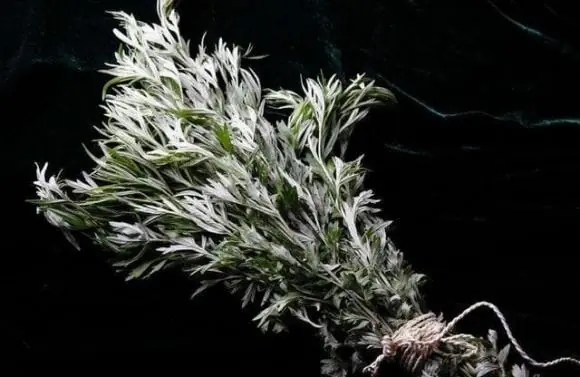
Hang these leaves at your door and watch flies and mosquitoes disappear

Identifying Venomous vs. Non-Venomous Snakes
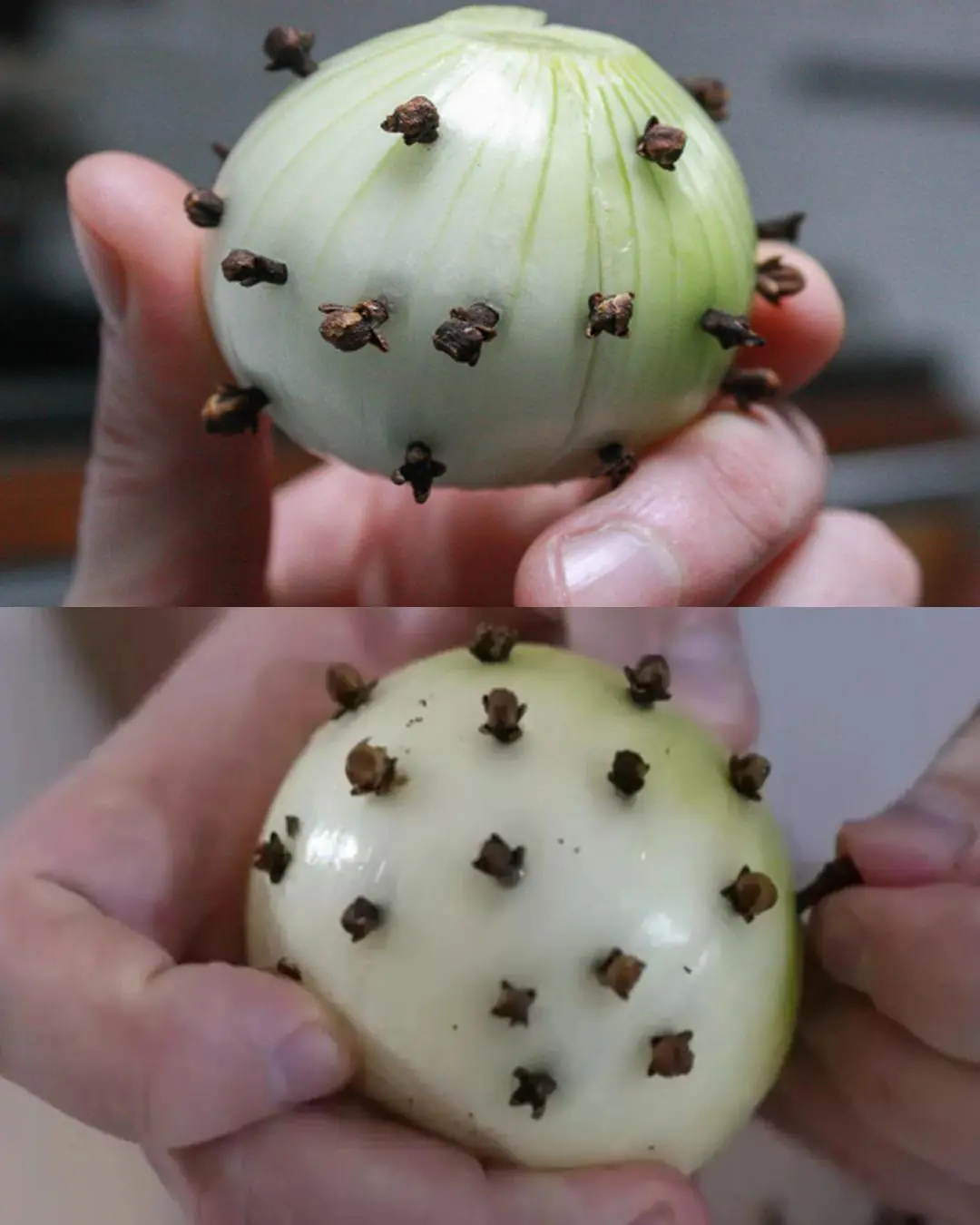
The surprising trick of sticking cloves into an onion
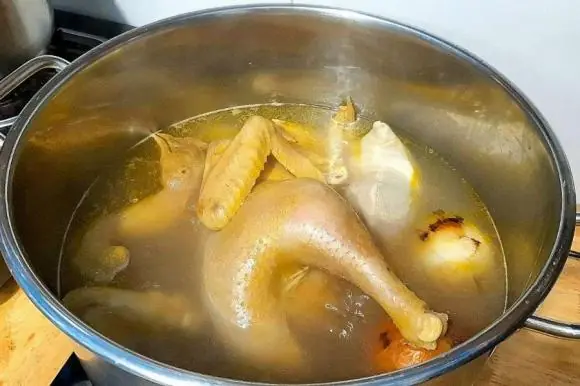
A Step Many Think Makes Chicken “Clean” Actually Does the Opposite: Experts Everywhere Say Stop Immediately

4 simple and effective tips to clean yellow sweat stains on white shirts at home that anyone can do it
News Post
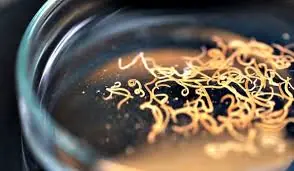
Man develops 'pork worms' in his brain after years doing this specific cooking habit

People with calcium deficiency often experience these 7 signs. Check now to see if you have them

Dull abdominal pain, abdominal pain around the navel, be careful because you may have this disease

Before ca.n.cer develops, your hands and feet may show these 4 warning signs.

Should you keep the bathroom door open or shut when it’s not in use? Surprisingly, many people get this wrong.

7 FOODS THAT MAY HELP CAN:CER DIE DON’T WAIT TO EAT THEM

Play Experts reveal that eating bananas in the morning cause

If your heel hurts when you wake up or after standing for a long time, this is what your body is telling you.

Science backs it up: 3 fruits that fight fatty liver, regulate sugar and cholesterol

A 52-Year-Old Woman Di.ed from a Stro.ke: Middle-Aged People, Stop Doing These 7 Things

Doctors’ Warning After a Tragic De.ath: Don’t Drink These 4 Types of Water Before Sleeping Even If You’re Thirsty

Discover Love in the Little Things: Everyday Connections

Say Goodbye to Swelling
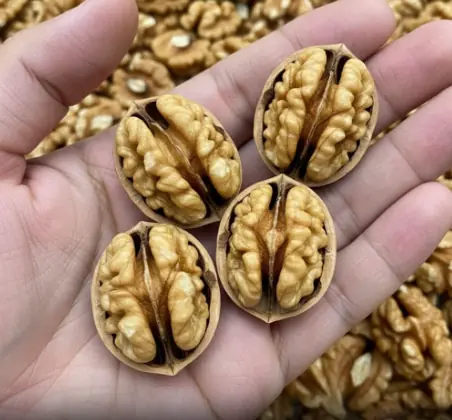
Proven Health Benefits of Walnuts, How Many to Eat, and More (Science Based)
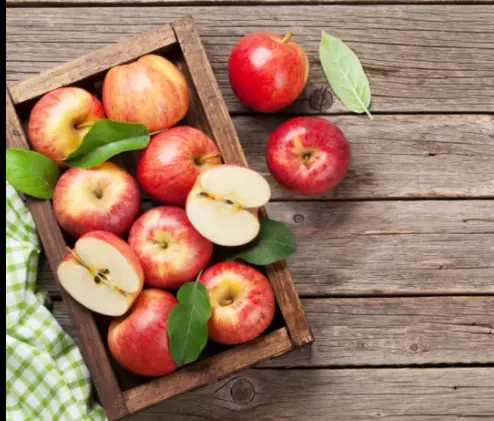
Doctors reveal that eating APPLES causes...

Four Can.cers Discovered After a Sore Thr.oat: A Man Was Shocked to Learn That Despite Regular Exercise, Three Habits Led to His Illness

Little Black Bugs in the Bathroom? Here’s What They Are & How to Get Rid of Them for Good

Adrenal fatigue: what it is and 17 all-natural ways to fix it fast

Important News for Everyone Who Loves a Daytime Nap
